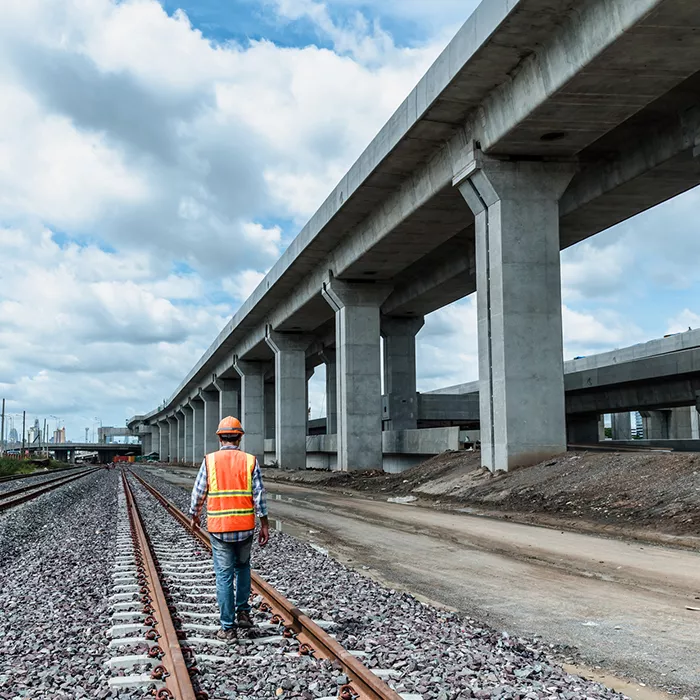November 21, 2024
Total spending on transportation infrastructure in the U.S. has more than doubled from $71 billion in 1980 to approximately $152 billion in 2020. Additionally, the federal government has allocated $110 billion in funds for transportation repairs over the next five years through the Bipartisan Infrastructure Law.
Through this lens, developing effective risk management strategies to minimize the potential impact of claims or disputes related to transportation construction mega-projects is a crucial factor in project success.
In his latest academic paper, published in the Journal of Legal Affairs and Dispute Resolution in Engineering Construction, Exponent's Omar Shabana and coauthors from California State University, Pomona, assess the potential for risks to occur at any phase of a project — while zeroing in on the opportunity of the planning stage to make a critical difference in how risk allocation and mitigation strategies play out throughout the duration of construction. For example, land allocation, utility relocation, and third-party agreements might all contribute risk to a project, making them worthy of deeper analysis and subsequent decision-making.
With the goal of conducting a thorough assessment of various risk allocation strategies and their impacts on contractual language, the authors conclude that governmental, third-party, environmental, right-of-way, and utilities approvals are among the most important factors to consider early in the project process. The paper also provides recommended risk allocation strategies.

"Impact of Project Delivery Methods on Risk Allocation during the Planning Phase of Transportation Projects"
Access the full version for purchase here
From the publication: "The planning phase is considered the most critical stage of any construction project's life cycle as it sets the stage for the projects' expectations and risk management strategies."
Insights


